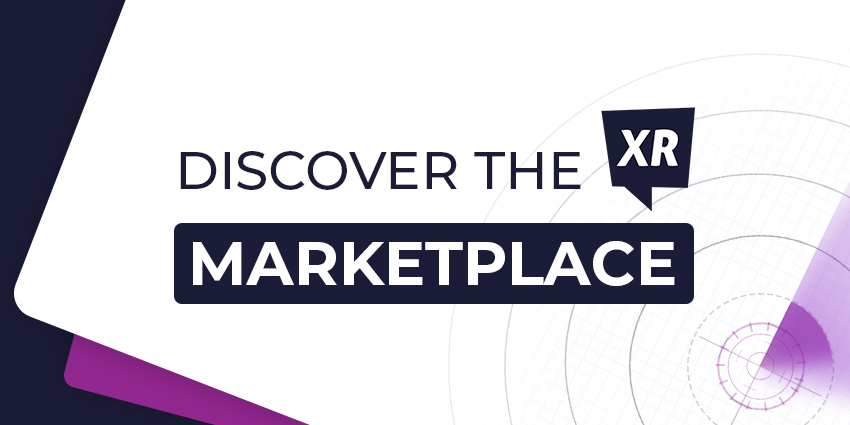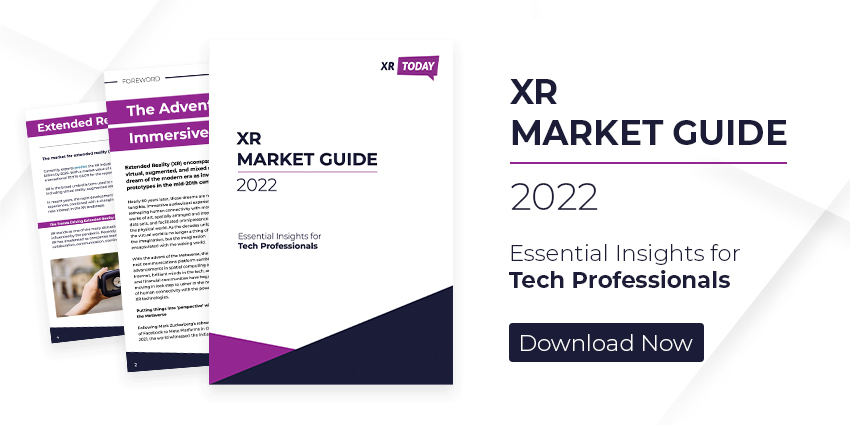A few years ago, the blockchain was a concept primarily associated with the cryptocurrency landscape. Mention “blockchain” to a brand and they’d assume the conversation would be straying towards Bitcoin or online trading. However, in recent years, businesses have begun to discover just how versatile blockchain solutions can be.
More than just a system for managing financial transactions, the blockchain is a digitally decentralized, distributed public ledger. This technology can be used for everything from monitoring technology changes, to managing the supply chain.
The blockchain is also a core component of “Web 3.0”, the next generation of the internet, set to assist with everything from the cultivation of the metaverse, to the creation of innovative new online experiences. As new use cases for the blockchain continue to reveal themselves, interest in this landscape has increased exponentially. By 2030, blockchain technology is expected to be a market worth more than $1.431 billion.
Major technology brands are already getting involved, ensuring they can earn their piece of the market. Here are some of the biggest tech companies turning to the blockchain.
1. IBM
IBM has been involved in the Blockchain landscape for some time now. The company has made waves in the space by filing for various patents using blockchain technology, as far back as 2014.
One of the earliest forays IBM made into the technology involved exploring the capabilities of blockchain to power the “IoT” (Internet of Things) landscape. The “ADEPT” project, created in collaboration with Samsung, involved the use of Telehash for communications, BitTorrent for file sharing, and Ethereum for in-depth smart contracts.
By 2017, IBM had already launched its Blockchain as a Service product, based on Hyperledger fabric, which allows agencies and companies to build trusted networks where members can share information. IBM also introduced its own DLT platform aimed at banks, which feeds int its existing cloud ecosystem.
2. Microsoft
It’s little wonder that a tech giant with as much market share as Microsoft has also made its way into the blockchain. The company has filed various patents for Trusted Execution Environments to support blockchain networks. It also launched a range of tools for developers to make DLTs using the cloud-based Azure Blockchain workbench.
Microsoft’s Azure blockchain solutions allow users to create smarter, more efficient supply chains from scratch, build new business models, and verify transactions faster. The solution comes with a confidential ledger, powerful ConsenSys blockchain services, and tamper-evident storage.
Microsoft has also rolled out a royalty and content rights blockchain on Xbox, in partnership with Ernst and Young, which could become particularly appealing in the new age of the metaverse, as gaming companies look for new ways to build digital communities. Plus, Microsoft has also voiced support of the ID2020 Alliance, a community committed to addressing issues with identity documentation access.
3. Amazon
Not one to fall behind on technology trends, Amazon has also begun investing in the blockchain more heavily as of late. The AWS environment now offers “Managed Blockchain” services, with purpose-built models designed for individual business needs. In fact, more customers trust AWS for workloads on the blockchain than any other cloud leader.
Amazon works with over 70+ partner solutions, which provide access to a range of protocols, including Ethereum, Hyperledger Sawtooth, RSK, and many others. Companies can also leverage AWS to access a range of unique blockchain services, such as Amazon’s Quantum Ledger Database, for fully centralized data management.
As more companies in the cloud landscape continue to discover and address the benefits of Blockchain, we’re likely to see Amazon rolling even more blockchain functionality out into its existing cloud environment.
4. Tencent
The Chinese technology conglomerate Tencent has been investing in Blockchain for quite some time. In 2017, the company behind the “WeChat” ecosystem announced the emerging pilot of a BaaS, or “Blockchain as a Service” platform, known as TrustSQL.
This technology empowers enterprises to use blockchain technology, with a core chain layer, product and service layer, and application layer.
Tencent’s bank subsidiary also joined the Financial Blockchain Shenzen Consortium, which includes a range of companies looking for new ways to collaborate on blockchain technologies within the financial landscape. On top of this, the company recently received a patent for its blockchain-based “missing persons” posters.
Recently, the company has also invested in a number of blockchain-based strategies, particularly with a focus on developing it’s position within the metaverse. This year, the organization invested in “Immutable” , an Australian gaming and NFT start-up specializing in blockchain based games.
5. Oracle
Oracle is one of the few technology leaders in the market today offering both on-premises, and cloud-based blockchain solutions. Companies can leverage Oracle to easily create a permissioned, multi-party network within the blockchain, which integrates with their existing office applications and back-end tools. Brands can choose from various deployment options, and interoperate with unique Hyperledger fabric modes for customization.
Oracle also offers a range of Blockchain as a Service solutions, which allows companies to gain a competitive advantage in the market with end-to-end support for various initiatives. Businesses can leverage built-in identity management and governance, on-chain access controls, enterprise-grade performance, and valuable analytics all in the same place.
The diverse Oracle Blockchain environment also integrates with cloud back-office systems and has built in API gateways to support REST APIs and other solutions.
6. Google
With other cloud giants like Microsoft and Amazon already investing in the Blockchain, Google has begun to pick up the pace in the industry too. During 2022, the company announced a new “Blockchain Node Engine”. This is a fully managed node-hosting service which helps to minimise the need for complex node operations for Web 3 customers.
Brands leveraging dedicated nodes in the blockchain environment can relay transactions, read and write blockchain data, and create smart contracts in one ecosystem. What’s more, the full solution comes with all the reliability, performance, and security components businesses expect from the Google Cloud computing infrastructure.
The Node engine will initially be supporting the Ethereum blockchain, to help developers fully provision manage Ethereum nodes with secure access. Google is also promising a range of benefits for their users, like secure development environments, streamlined provisioning and fully managed operations for end-users.






